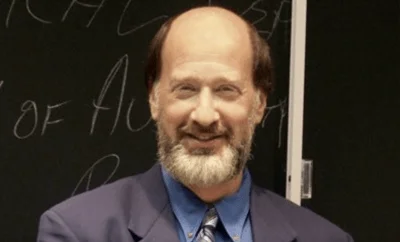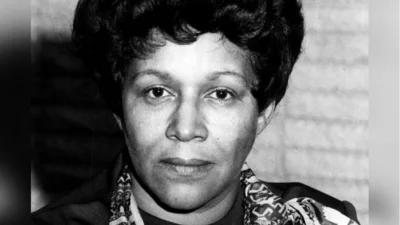Chicago Police Department
Chicago Police Department
A former FOP official is questioning why the union representing thousands of Chicago police officers has yet to challenge the constitutional authority of a state-level commission that has soiled the reputations of numerous former detectives and officers based on unsubstantiated allegations of police brutality.
Martin Preib, a former second vice president of FOP Lodge 7, told Chicago City Wire that six years ago the union received a legal analysis that poked holes in the constitutional authority of the Torture Inquiry and Relief Commission (TIRC), which refers cases of convicted murderers for new evidentiary hearings based on claims of police brutality. Preib said that TIRC, created by the Illinois Legislature in 2009, is motivated by an anti-police bias, and far left political agenda, and not by uncovering the truth behind the crimes.
“It was one of the great failures of our FOP administration not to get TIRC declared unconstitutional years ago,” Preib said. “Many members would have been saved from false accusations by this politically driven commission. Any first-year law student could see it was a constitutional travesty. The creation of TIRC was one of the first signs that the criminal justice system was becoming politicized on behalf of the radical left, a trend that is now national.”
A 2017 legal opinion by the law firm of Cameli & Hoag, P.C., said that a “reasonable argument can be made that TIRC is unconstitutional under three separate areas of the Illinois Constitution.”
The opinion refuted an earlier opinion by the law firm of Baum Sigman Auerbach & Neuman, LTD.
“The prior opinion only examined the act (creating TIRC) under the separation of power doctrine and victims’ rights provision of the Illinois Constitution,” Cameli & Hoag wrote, “concluding that TIRC does not vioilate either. We disagree with this conclusion and believe it could violate both.”
TIRC, for instance, allows for closed hearings where a victim has to request the right to attend. That is in direct violation of the state constitution “Crime Victim’s Rights” provision, the law firm said, which “gives victims the right to be present at all court proceedings on the same basis as the accused.”
In many cases, moreover, the victims and their families are unaware a hearing has even been scheduled.
In one notorious case, Joe Heinrich, brother of 1983 Rogers Park murder victim Jo Ellen Pueschel, discovered from a reporter in 2013 that the case of Jerry Mahaffey, one of two brothers convicted of raping and murdering Jo Ellen and murdering her husband Dean, and the attempted murder of their 11-year-old son Ricky, was before the commission. The family then discovered the commission had failed to notify other family members of victims in a host of other cases.
Heinrich at a September 25, 2013 TIRC hearing: “This Commission has investigated and referred 17 cases to court. I have confirmed that nine of the 17 families of victims of those cases were never notified. By law, each case has three triggers that require victim notification. 27 calls or letters that should have been sent out by this commission did not happen. I spoke to those victims, and they were shocked. I have reviewed all of the posted minutes from your meetings and not one Commissioner ever asks about the victims, if they were notified or what they had to say. Either all of you believed that the victims did not want to be bothered with this, or all of you did not want to be bothered with the victims. Which is it?”
The evidence against Mahaffey and his brother, Reginald, was overwhelming: a third brother turned them in; they confessed to a state’s attorney; property taken from the Pueschels was found in both their apartments.
But some TIRC members concluded that credible evidence existed that the detectives had tortured Mahaffey even though former prosecutor Irv Miller testified before the commission that Mahaffey never complained about a police beating, or showed any signs of a beating or discomfort when he was in a room at a police station with him and a court reporter.
Earlier this year, special prosecutors in a wrongful conviction case of Devon Daniels, found guilty in a 1996 double murder, challenged TIRC’s constitutionality. The Daniels case was referred by TIRC for a new hearing.
Special prosecutor Maria McCarthy wrote in a memorandum to the court that TIRC lacks both the constitutional and statutory authority to refer the case where police abuse is alleged.
“The plain language of the TIRC Act and the ARL [Illinois Administrative Law], when read together, do not provide a legal basis for evidentiary hearings under the TIRC Act,” McCarthy writes.
She further writes that TIRC referrals are not “justiciable matters,” where “parties with concrete and adverse legal interests have litigated those interests in a civil forum.” This leaves a court with no “subject matter jurisdiction to conduct any review of those determinations under the TIRC Act.”
The FOP did not respond to a request for comment.






 Alerts Sign-up
Alerts Sign-up